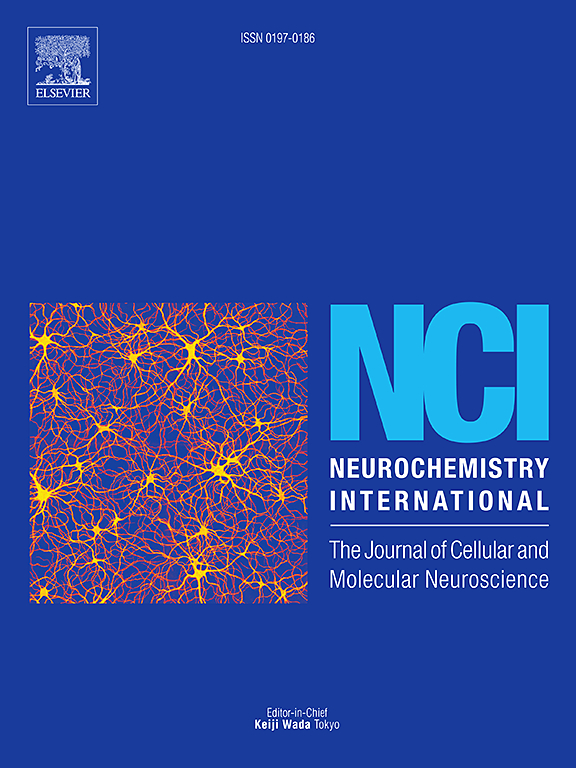Epigenetic dysregulation and the etiology of spina bifida
IF 4
3区 医学
Q2 BIOCHEMISTRY & MOLECULAR BIOLOGY
引用次数: 0
Abstract
Spina bifida is a complex and multifactorial congenital defect driven by both genetic and environmental factors. As such, epigenetic studies of spina bifida present an opportunity to study the joint contribution of both genes and the environment in the development of this disorder. This review focuses specifically on epigenetic research that may help us to understand the ways in which dysregulation of the epigenome and downstream cellular processes can confer increased risk of spina bifida. To do so, we discuss the epigenetic regulation of genes linked to spina bifida risk among children born with the disorder and their parents as well as evidence from experimental studies. We also discuss pathways necessary for normal neural tube development and specific documented dysregulation of these pathways in individuals with spina bifida. We conclude that the epigenome plays an important role in spina bifida etiology and should be further studied in additional populations, and tissue types, as well as cellular and animal models.
表观遗传失调和脊柱裂的病因学。
脊柱裂是一种复杂的多因素先天性缺陷,由遗传和环境因素共同驱动。因此,脊柱裂的表观遗传学研究提供了一个机会来研究基因和环境在这种疾病发展中的共同作用。这篇综述特别关注表观遗传学研究,这可能有助于我们理解表观基因组和下游细胞过程失调如何增加脊柱裂的风险。为此,我们讨论了与脊柱裂风险相关的基因的表观遗传调控,这些基因与先天性脊柱裂的儿童及其父母有关。我们还讨论了正常神经管发育所必需的途径,以及脊柱裂患者这些途径的特殊记录失调。我们得出结论,表观基因组在脊柱裂的病因学中起着重要作用,应该在更多的人群、组织类型以及细胞和动物模型中进一步研究。
本文章由计算机程序翻译,如有差异,请以英文原文为准。
求助全文
约1分钟内获得全文
求助全文
来源期刊

Neurochemistry international
医学-神经科学
CiteScore
8.40
自引率
2.40%
发文量
128
审稿时长
37 days
期刊介绍:
Neurochemistry International is devoted to the rapid publication of outstanding original articles and timely reviews in neurochemistry. Manuscripts on a broad range of topics will be considered, including molecular and cellular neurochemistry, neuropharmacology and genetic aspects of CNS function, neuroimmunology, metabolism as well as the neurochemistry of neurological and psychiatric disorders of the CNS.
 求助内容:
求助内容: 应助结果提醒方式:
应助结果提醒方式:


